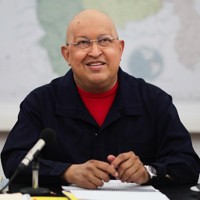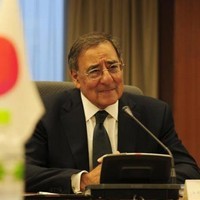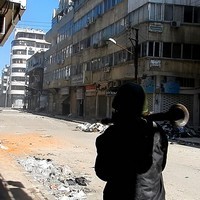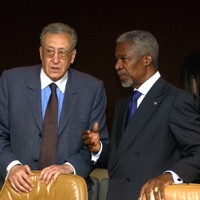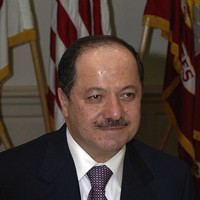
Among the challenges facing whoever succeeds Hillary Clinton as secretary of state in the second-term Obama administration, any number of potential international crises could easily top the list. Indeed, there are already plenty of volcanoes prepared to erupt, from the continuing aftershocks of the Arab Spring to the unresolved territorial disputes in the South and East China seas. But in addition to these tests, the incoming secretary of state will face another, perhaps even bigger challenge: how to sell the worth and value of U.S. diplomacy to an increasingly skeptical Congress. Case in point: Earlier this month, the U.S. Senate […]

